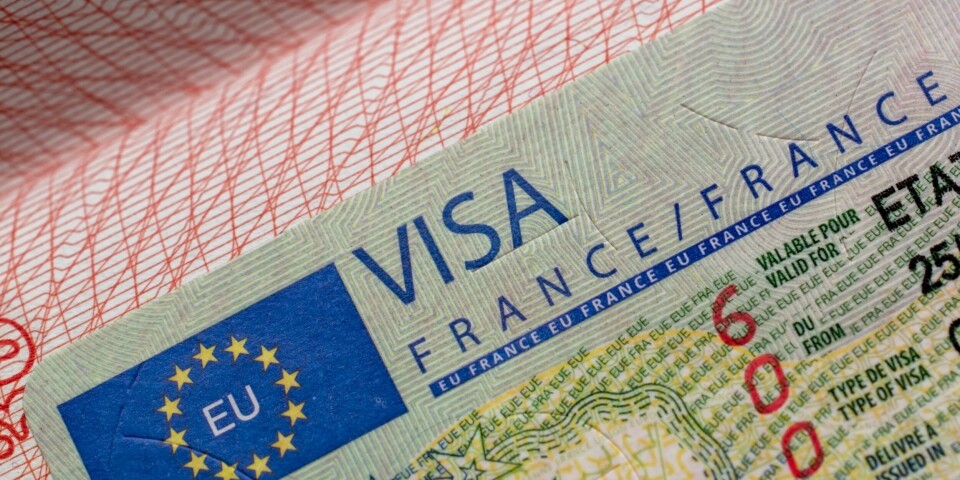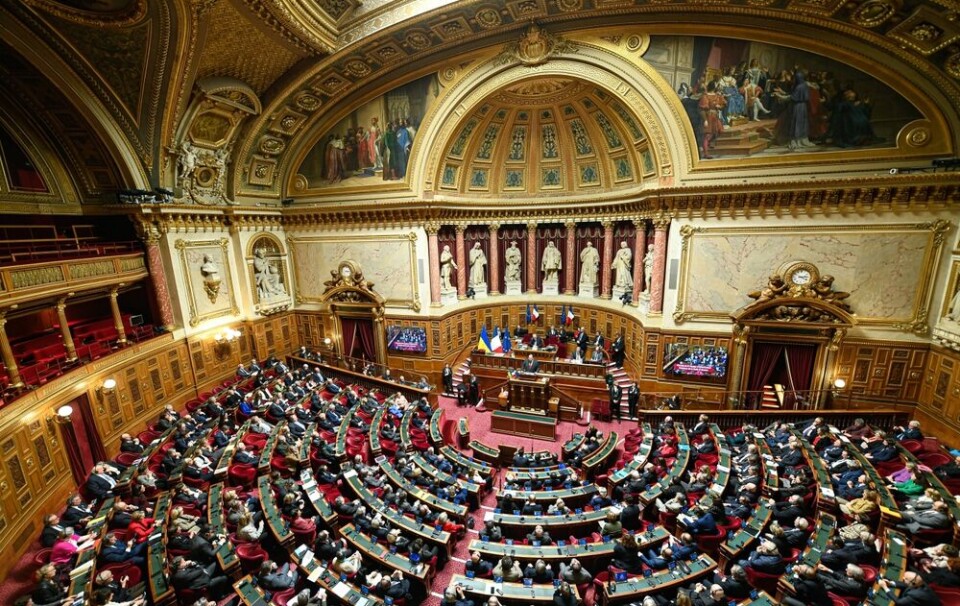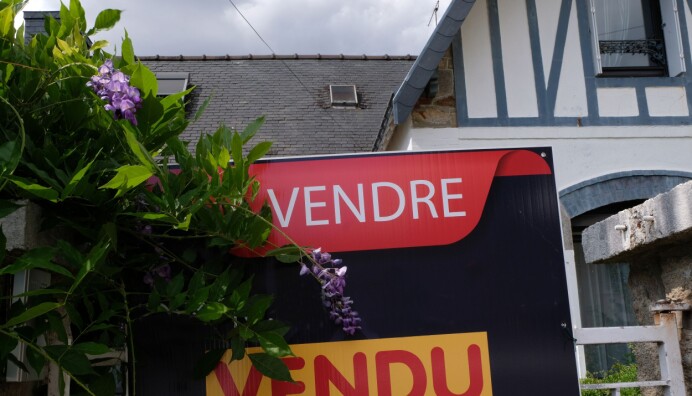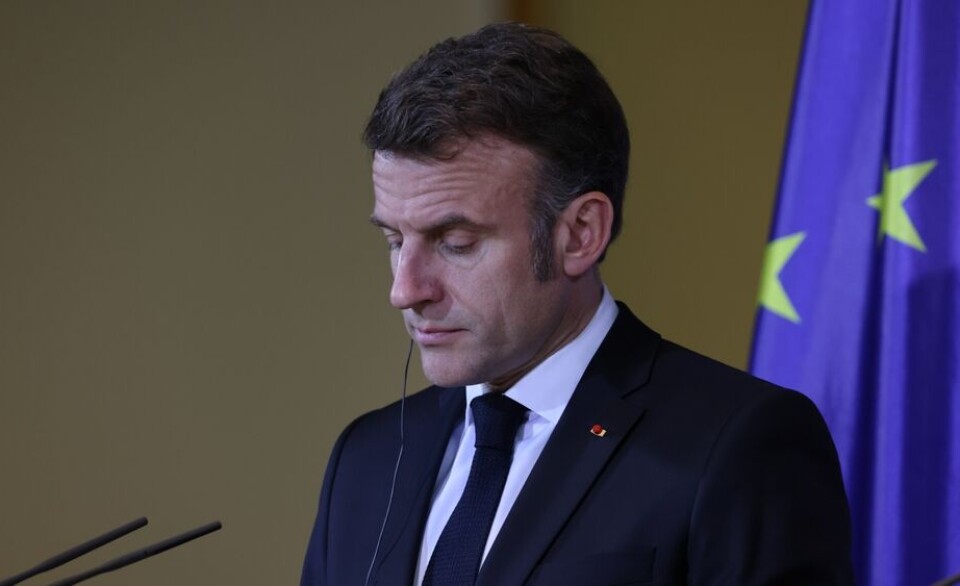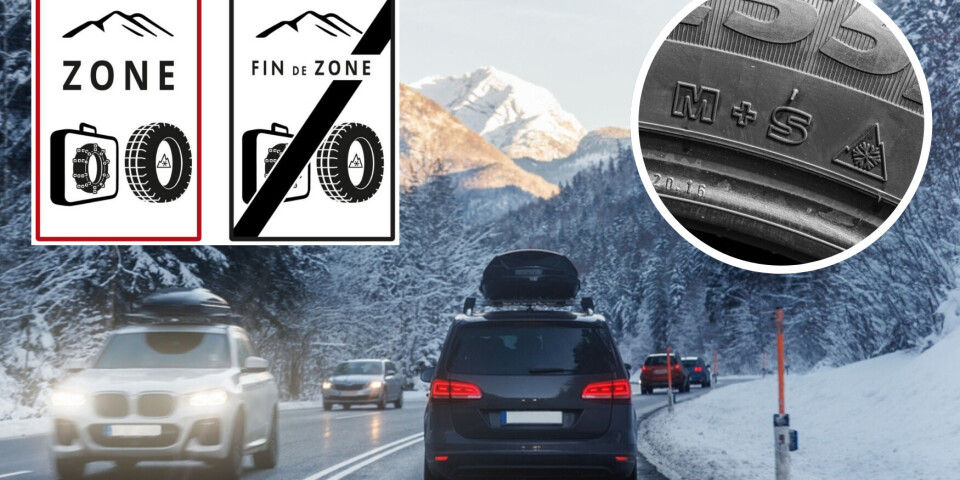-
France launches new €1,000 grant for electric cars with European-made batteries
Purchasers will automatically receive discount on final price
-
10% of France’s green energy wasted in first half of 2025
Problem attributed to the intermittent nature of solar and wind power
-
New climate school for Paris
First European school to offer a degree dedicated to the ecological transition
Tips and help on navigating the new changes to France’s gas market
Regulated gas prices in France have now ended. We explain the changes and the options now open to you
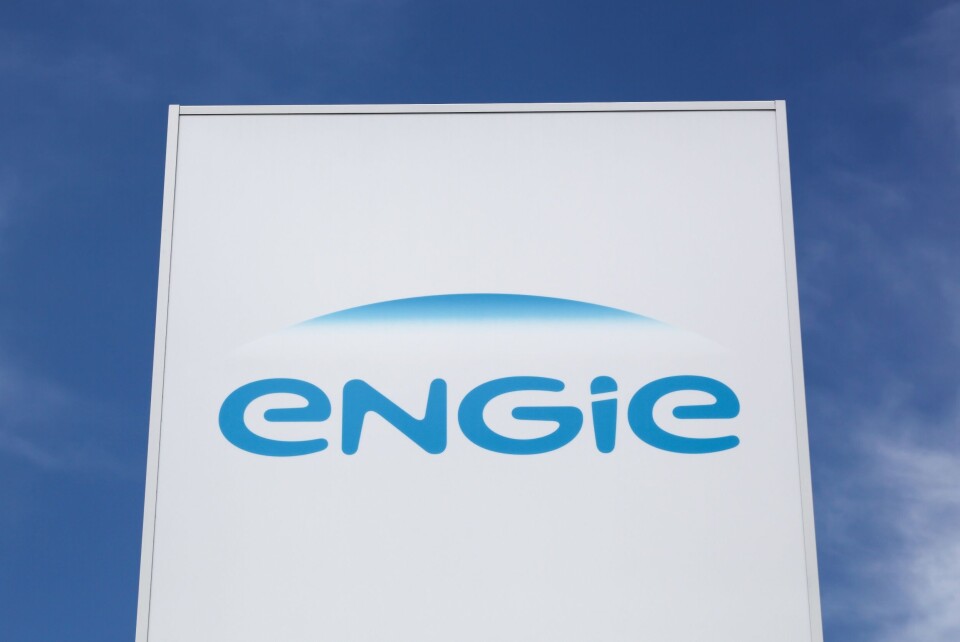
What is the situation with gas prices in France?
Until June 30, regulated gas tariffs were available in France (tarifs réglementés de vente, TRV). This meant that the gas prices were fixed by public authorities, according to certain formulas. Engie provided the gas to around 95% of these regulated contracts, with local companies (especially in Bordeaux and Strasbourg) making up the rest.
The TRV dated back to 1946 in France and was first brought in by Gaz de France (GDF), which is now Engie. Other options have been available via other companies since 2007, to end the monopoly of Engie and electricity provider EDF.
Regulated tariffs are not always the cheapest option, but they do offer a reliable and consistent service. As of late June, 2.5 million clients were still on this tariff (out of around 11 million gas clients in France in total).
The regulated electricity price and regulated electricity contracts were not affected by the ending of the regulated tariff for gas.
What is changing and why?
The TRV ended on Friday, June 30.
In 2017, France’s top administrative authority Conseil d’Etat ruled that regulated tariffs were against European law. This was followed in 2019 by a new climate law, which ruled that these contracts must no longer be sold, and should be ended completely by June 30, 2023.
Is this the same as the government energy price shield?
France has recently had a bouclier tarifaire policy in place to limit energy price rises, but this is nothing to do with the regulated tariffs. It translates as ‘tariff shield’. It was brought in as a way to keep energy prices down amid a backdrop of inflation and the war in Ukraine.
The prices were frozen last year at the level of November 2021, and this year the government pledged they would not rise more than 15%.
France’s economy minister, Bruno Le Maire, said the gas price shield would continue until the end of this year, but that its existence was theoretical because the cost of wholesale gas had fallen so much in recent months.
Should I change my contract?
There is no need to do anything unless you want to.
People who were on a regulated gas contract were automatically moved on June 30 to l’offre passerelle d’Engie (‘bridging offer’). This is not really a separate contract or offer, because it only concerns people who are on the regulated tariff. Other customers cannot choose it.
The offre passarelle calculates the price of gas per kilowatt hour, on a monthly basis. It uses a formula that will be validated by the Commission de Régulation d’Energie (CRE). It is similar to the previous regulated tariff.
Before the changeover, consumer association UFC-Que Choisir recommended that people who were on a regulated gas tariff should wait until July 1 before making any changes. You are now advised, if you wish. to check the new tariffs and conditions, and see if they still suit you.
The CRE has committed to publishing prices for gas every month, to help consumers keep an eye on the markets.
If I am not happy with my gas contract, how do I search for a different supplier?
Once you know the tariffs and conditions of the new Engie offer, you can compare it to other offers on the market, and switch if you prefer.
Anyone on a contract can change gas providers at any time, without paying a fee. This means that it always makes sense to compare current offers available, to see if you could save money compared to your current deal. When you sign up for a new deal, your old contract is ended automatically without you having to do anything.
There are several comparison tools available. The ‘official’ energy comparison tool, from the Médiateur national de l’énergie, is online here.
UFC-Que Choisir also has a comparison tool (its comparateur) that lets you check current gas and electricity offers and calculate which could provide you with the best value. Other comparison tools also exist, like this one.
UFC-Que Choisir recommends that people proceed with caution and take a look at what is available, because “the change will shake up the market” and could lead to more competitive offers on the market.
Since October 2022, the price of gas has been dropping on the markets, which is likely to mean providers will provide better-value contracts over the weeks and months following the end of regulated tariffs.
Read more: Is there a fee for changing energy contracts in France?
However, le Médiateur national de l’énergie advises:
- Take your time and do not sign a contract immediately when you are approached
- Never rely on commercial offers based on the number of monthly payments, which can change. The tariff must be offered and based on the price per kilowatt-hour.
It also recommends that consumers sign up for fixed-price tariffs, which are less affected by changing markets.
François Carlier the president of the CLCV consumer group, said he recommends avoiding ‘too-good-to-be-true’ offers from smaller companies.
He told FranceInfo: “[During the energy crisis] many contracts were broken, and saw rises of 40 to 80%, with just one email sent a month in advance.”
The actual gas supply network is run by the state, no matter who your provider is.
Related articles
End of regulated gas prices in France – how to find the best deal
French gas suppliers begin to cancel contracts amid price surge
Gas customers in France on old regulated tariff to get ‘bridge’ offer




